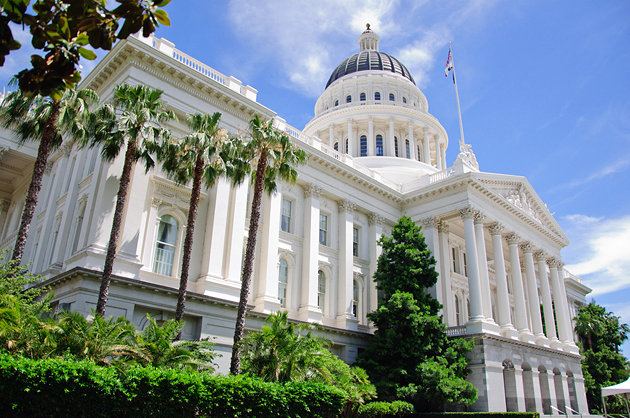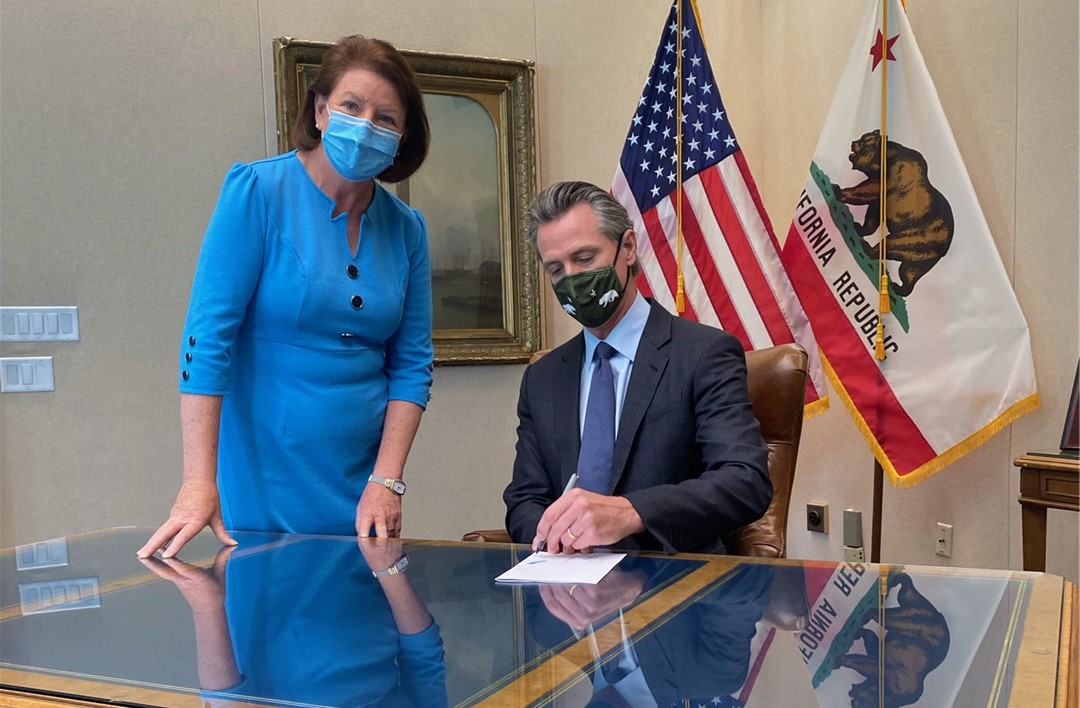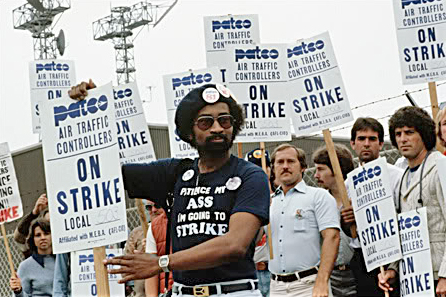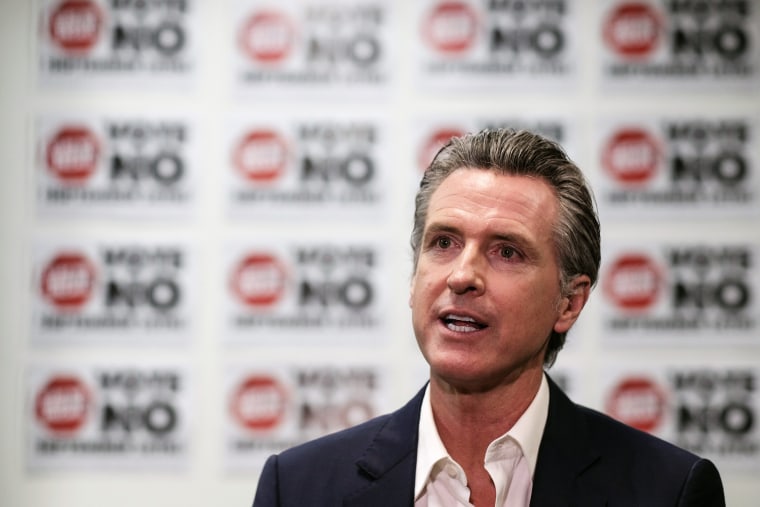
The Democrats reconciliation bill — once pegged at $3.5 trillion but now apparently $1.5 trillion due to compromises with conservative West Virginia Democrat Sen. Joe Manchin — could supercharge electric vehicle adoption dramatically in the next few years.
The bill contains a provision that would restore the $7,500 EV tax credit for all models under a certain price, with an additional $4,500 incentive for union-made EVs assembled in the United States. That’s a total incentive of $12,500 off an electric vehicle, which some experts describe as the largest consumer incentive the federal government has offered to date.
This provision comes on the heels of tremendous recent success for electric vehicle sales. Electric vehicles accounted for roughly two percent of all car sales last year, but this past summer, sales increased to nearly five percent of light-duty vehicles like SUVs and sedans and more than twenty percent of all passenger vehicles sales.
Some analysts credit the greater variety of electric models now available, including smaller crossovers like the Volkswagen ID.4. More are on the way, especially electric trucks with the Ford F-150 and Rivian.
So the future of electric vehicles looks promising, but it could be downright blistering with these new incentives.
With all the momentum, are oil executives nervous? Not according to a recent survey by the Federal Reserve Bank of Dallas. More than half the executives who responded predicted that EVs will make up less than a fifth of all car and light truck sales in the United States by 2030.
The survey tells us one thing clearly: the fossil fuel industry is not prepared for this transition, which would only accelerate if Democrats in Congress are successful.

Earlier this month, Governor Newsom signed two significant housing bills — one to end single-unit zoning in urban areas across California and one to allow local governments to upzone parcels near transit to up to 10 units. These new laws could start to make a dent in the state’s multi-million unit housing shortage. But how much?
First and foremost, SB 9 (Atkins) would allow homeowners to convert their house into a duplex, or split their lot and build two units on each lot, allowing up to four units per original parcel — all with streamlined local approval. In short, it ends single-unit zoning in urbanized and transit-rich areas across the state.
For context, the state has roughly 7.5 million single-unit-zoned parcels, and nearly two-thirds of residential land in the state is reserved exclusively for this type of single-unit zoning.
I recently hosted David Garcia from UC Berkeley’s Terner Center on Housing Innovation on KALW’s Your Call to discuss the bill, and his center found that SB 9 could enable the creation of over 700,000 new homes that would otherwise not be market feasible. Given that some estimates peg the state’s housing shortage at 3.5 million, an additional 700,000 units would be a sizeable contribution.
Yet these changes won’t happen overnight. Property owners would need to decide to convert their homes or split their lots, a process which could take years to unfold statewide. Still, given the history of racial exclusion associated with single-unit zoning, coupled with the need to boost housing anywhere we can, and especially in high-income, transit-rich communities, this bill is a welcome step in the right direction.
The second bill, SB 10 (Wiener), is a voluntary opt-in for local governments wishing to rezone parcels for up to 10 units of housing near transit. It allows them to do so without undergoing environmental review.
This bill is less likely to have a big impact on housing production, simply because many local governments and their homeowner constituents are hostile to new apartment buildings. However, as the state tightens the requirements for local governments to provide housing for residents of all incomes, they may be forced to invoke this provision. And in the meantime, local governments that do want to see more dense development (and have the market conditions to enable it) will be able to utilize this law.
Notably, wealthy anti-development interests are already challenging this bill. The Los Angeles-based AIDS Healthcare Foundation, run by a longtime development opponent with personal beef against the author of SB 9, filed a lawsuit claiming that the new law is unconstitutional, because it allows local governments to override voter-approved initiatives restricting development with a supermajority vote. The nonprofit Planning and Conservation League also opposed the bill on similar grounds.
Given the statewide importance of housing production, this lawsuit is unlikely to succeed. But homeowners from some of the wealthiest communities around the state are also mobilizing to place before the voters a constitutional amendment restricting what state policy makers can do to boost housing over local objections.
The ballot measure is also unlikely to succeed given the pro-housing politics of the electorate (many of whom are renters and housing insecure). But it’s yet another example of wealthy interests fighting to preserve the exclusivity of their neighborhoods and maintain their inflated property values, at the expense of the less fortunate.
In the meantime, the real work to boost housing across the state will continue in the legislature. That means more legislation to allow apartment buildings near transit (particularly in high-income areas), streamlining approvals for infill projects, and reducing the overall cost of housing construction.
But for now, 2021 was definitely a year of progress on the housing front, with much more to be done.

On tonight’s State of the Bay on KALW at 6pm PT, we’ll get an update on a few of the more consequential housing and labor bills crossing Governor Newsom’s desk with Emily Hoeven of CalMatters.
Plus, we’ll talk to Oakland-based activist Michelle MiJung Kim about her new book, The Wake Up: Closing the Gap Between Good Intentions and Real Change.
Finally, we’ll find out where YOU can join a march in support of reproductive rights from Sophia Andary, co-founder of the San Francisco Women’s March.
What would you like to ask our guests? Post a comment here, tweet us @StateofBay, send an email to stateofthebay@kalw.org or leave a voicemail at (415) 580-0718.
Tune in tonight at 6pm PT on KALW 91.7 FM in the San Francisco Bay Area or stream live. You can also call 866-798-TALK with questions during the show!

Tonight on State of the Bay we’ll talk about ways to make the Bay Area more water resilient, with:
- Dr. Newsha Ajami, Director of Urban Water Policy with Stanford University’s Water in the West and a member of the San Francisco Public Utilities Commission
- Wade Crowfoot, California’s Natural Resources Secretary and former chief executive officer of the nonprofit Water Foundation
Plus we’ll get an update on the Elizabeth Holmes trial with Sara Randazzo, Legal Business Reporter for The Wall Street Journal.
Finally, we’ll hear about the the fastest growing sport in the US – pickleball! Joining us will be Patricia Strazzi, the first female certified pickleball coach in Northern California.
Tune in tonight at 6pm PT on KALW 91.7 FM in the San Francisco Bay Area or stream live.
What would you like to ask our guests? Post a comment, tweet us @StateofBay or send an email or voicemail to StateofBay@gmail.com. You can call 866-798-TALK with questions during the show!

On today’s Your Call, we’ll discuss the legacy of the Reagan administration’s anti-union tactics. Forty years ago, 13,000 air traffic controllers who were members of the Professional Air Traffic Controllers Organization (PATCO), went on strike.
They were demanding an annual wage increase, upgrades to outdated equipment, and a reduced workweek. Two days later, former President Ronald Reagan fired 11,345 of them. September 19 is the anniversary of the Solidarity March on Washington, organized by labor leaders in support of the strike. What has the lasting effect of strikebreaking been on workers?
Joining us to discuss is Joseph McCartin, Professor of History at Georgetown University, where he is founding Executive Director of the Kalmanovitz Initiative for Labor and the Working Poor. His books include Labor’s Great War: The Struggle for Industrial Democracy and the Origins of Modern American Labor Relations, and Collision Course: Ronald Reagan, the Air Traffic Controllers, and the Strike that Changed America.
Tune in at 91.7 FM in the San Francisco Bay Area or stream live at 10am PT. What comments or questions do you have about what is at stake? Call 866-798-TALK to join the conversation!

On today’s Your Call, I’ll be guest hosting once again to discuss the recall election of California Governor Gavin Newsom.
If more than 50% of voters oust Newsom, whichever candidate receives the most votes will win. We’ll discuss Newsom’s record, what issues Californians are concerned about, and what this recall signals about the state’s political future. Joining us will be:
- Alexei Koseff, state Capitol reporter for The San Francisco Chronicle, covering Governor Gavin Newsom and California government from Sacramento
- Emily Hoeven is a reporter at CalMatters, where she writes the daily WhatMatters newsletter
Polls will be open until 8pm tonight. You can complete the Same-Day Voter Registration process and request your ballot in person at your county elections office or polling location. If you’re voting by mail, it must be postmarked by today. Or you can return it in-person to a secure ballot drop box or to a voting location or your county elections office.
Tune in at 91.7 FM in the San Francisco Bay Area or stream live at 10am PT. What comments or questions do you have about what is at stake? Call 866-798-TALK to join the conversation!

On tonight’s State of the Bay at 6pm PT, we’ll get an update on California Gov. Gavin Newsom’s recall vote tomorrow and discuss possible reforms to the recall process with Emily Hoeven of CalMatters and Erwin Chemerinsky, Dean of UC Berkeley Law.
Plus we’ll hear about San Francisco’s search for a new school superintendent with San Francisco Chronicle education reporter Jill Tucker.
And finally we’ll talk with Don Reed about his new one-man show “Going Out” now playing at the Marsh Theater in Berkeley.
Tune in tonight at 6pm PT on KALW 91.7 FM in the San Francisco Bay Area or stream live.
What would you like to ask our guests? Post a comment, tweet us @StateofBay or send an email or voicemail to StateofBay@gmail.com. You can call 866-798-TALK with questions during the show!

On today’s Your Call at 10am PT, we’ll discuss America’s student debt crisis. Around 45 million borrowers owe a collective $1.7 trillion in student debt.
While federal student loan payments and interest are on pause until January 31, 2022, progressive Democrats and student loan borrower advocacy groups are still urging President Biden to cancel $50,0000 or more in student debt for every borrower. That plan would make 36 million borrowers debt-free.
What will it take to forgive student debt? We’ll be joined by:
- Natalia Abrams, president and co-founder of StudentDebtCrisis, a non-profit organization dedicated to student loan debt reform
- Whitney Barkley-Denney, Senior Policy Counsel at the Center for Responsible Lending, a nonprofit research and policy group whose purpose is to push for policies that curb predatory lending
Tune in at 91.7 FM in the San Francisco Bay Area or stream live at 10am. Call 866-798-TALK with questions or comments!

On today’s Your Call at 10am PT on KALW, we’ll discuss the ecological impacts of wildfires. How are animals, endangered species, wildlife and their habitats affected by wildfires? We’ll be joined by:
- Justin Augustine, Senior Attorney at the Center for Biological Diversity
- Alison Hermance, Director of Communications at WildCare
Later in the show, we’ll talk about how California is doing on forest management. The state has only performed prescribed burns on approximately 35,000 acres this year, while experts say that tens of millions of acres still need to be managed statewide. What is holding the state back? We’ll be joined by:
- Don Hankins, pyrogeographer and professor of Geography and Planning at California State University at Chico
- Bill Tripp, deputy director of the Karuk Tribe’s Natural Resources Department in Northern California
What questions do you have? Tune in at 91.7 FM in the San Francisco Bay Area or stream live at 10am. Call 866-798-TALK with questions or comments!

I’m guest hosting today’s Your Call at 10am on KALW, speaking with UCSF Dr. Monica Gandhi about how we are going to get out of the pandemic. Dr. Gandhi is the professor of Medicine and Associate Division Chief of the Division of HIV, Infectious Diseases and Global Medicine at UCSF.
The US is now averaging around 160,000 new cases every day. We’ll discuss if booster shots are necessary for all eligible groups even though global vaccine distribution is still lagging far behind. In fact, around 60% of people in higher-income countries are vaccinated compared to only 1% of those in poorer countries. Experts say that this vaccine inequality is epidemiologically irresponsible.
What questions do you have? Tune in at 91.7 FM in the San Francisco Bay Area or stream live at 10am. Call 866-798-TALK with questions or comments!


